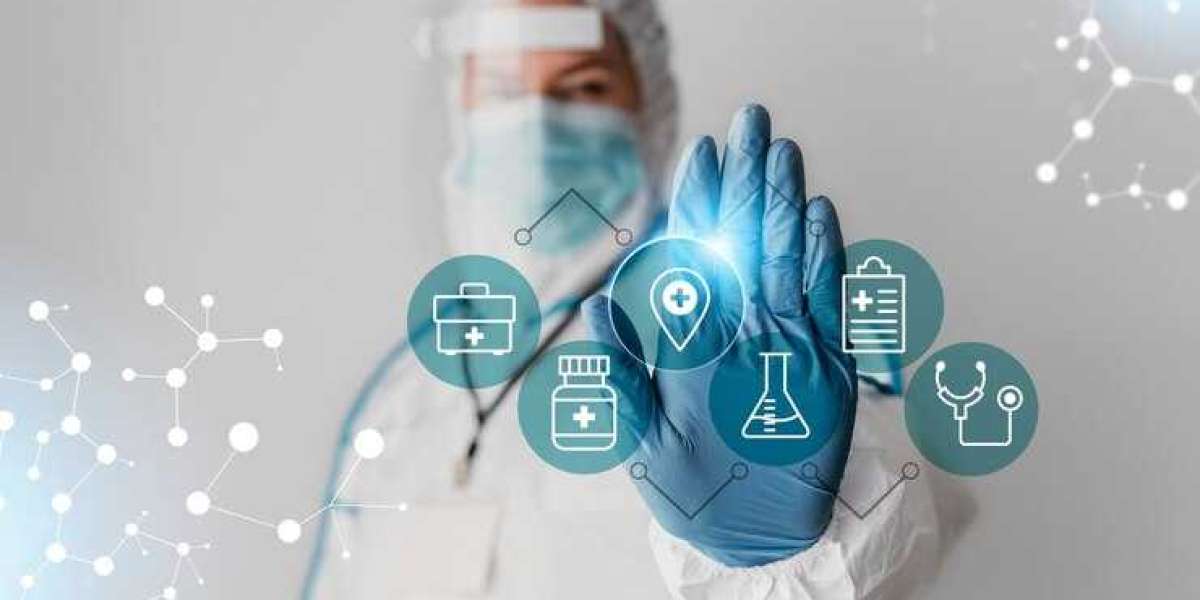ISO 13485 is the international standard for quality management systems in the medical device industry. It sets the framework for ensuring that organizations consistently produce medical devices that meet regulatory requirements and customer expectations. ISO 13485 training is essential for professionals in the medical device sector, providing them with the knowledge and skills needed to implement and maintain an effective quality management system (QMS).
Understanding ISO 13485
ISO 13485 outlines the requirements for a QMS specific to the medical device industry. It focuses on risk management, regulatory compliance, and the production of safe and effective medical devices. This standard is crucial for manufacturers, suppliers, and any organization involved in the lifecycle of a medical device.
Benefits of ISO 13485 Training
Regulatory Compliance: ISO 13485 training ensures that professionals understand the regulatory requirements of different markets, including the EU, US, and other regions. This knowledge helps organizations avoid costly fines and delays in product approvals.
Improved Product Quality: Training equips professionals with the tools to implement rigorous quality control processes, leading to the production of high-quality medical devices that meet customer needs and regulatory standards.
Risk Management: Participants learn how to identify, assess, and mitigate risks associated with medical device production. This proactive approach to risk management enhances patient safety and reduces the likelihood of product recalls.
Enhanced Market Access: Certification to ISO 13485 is often a prerequisite for entering global markets. Trained professionals can help organizations achieve and maintain certification, opening doors to new business opportunities.
Key Components of ISO 13485 Training
QMS Principles and Requirements: Trainees gain a comprehensive understanding of the principles and requirements of ISO 13485, including documentation, process control, and continuous improvement.
Internal Auditing: Training covers the skills needed to conduct internal audits, ensuring that the QMS is effectively implemented and maintained.
Risk Management: Participants learn about risk management techniques specific to the medical device industry, including risk assessment, control measures, and monitoring.
Regulatory Knowledge: The training provides insights into global regulatory requirements and how to ensure compliance with different market regulations.
Who Should Attend?
ISO 13485 training is ideal for quality managers, regulatory affairs professionals, internal auditors, and anyone involved in the design, development, production, or distribution of medical devices. It is also beneficial for organizations seeking ISO 13485 certification or looking to improve their existing QMS.
Conclusion
ISO 13485 training is a critical investment for medical device organizations aiming to enhance their quality management systems and ensure compliance with international standards. By equipping professionals with the necessary skills and knowledge, ISO 13485 training helps organizations produce safe, effective, and high-quality medical devices, ultimately improving patient safety and satisfaction.








